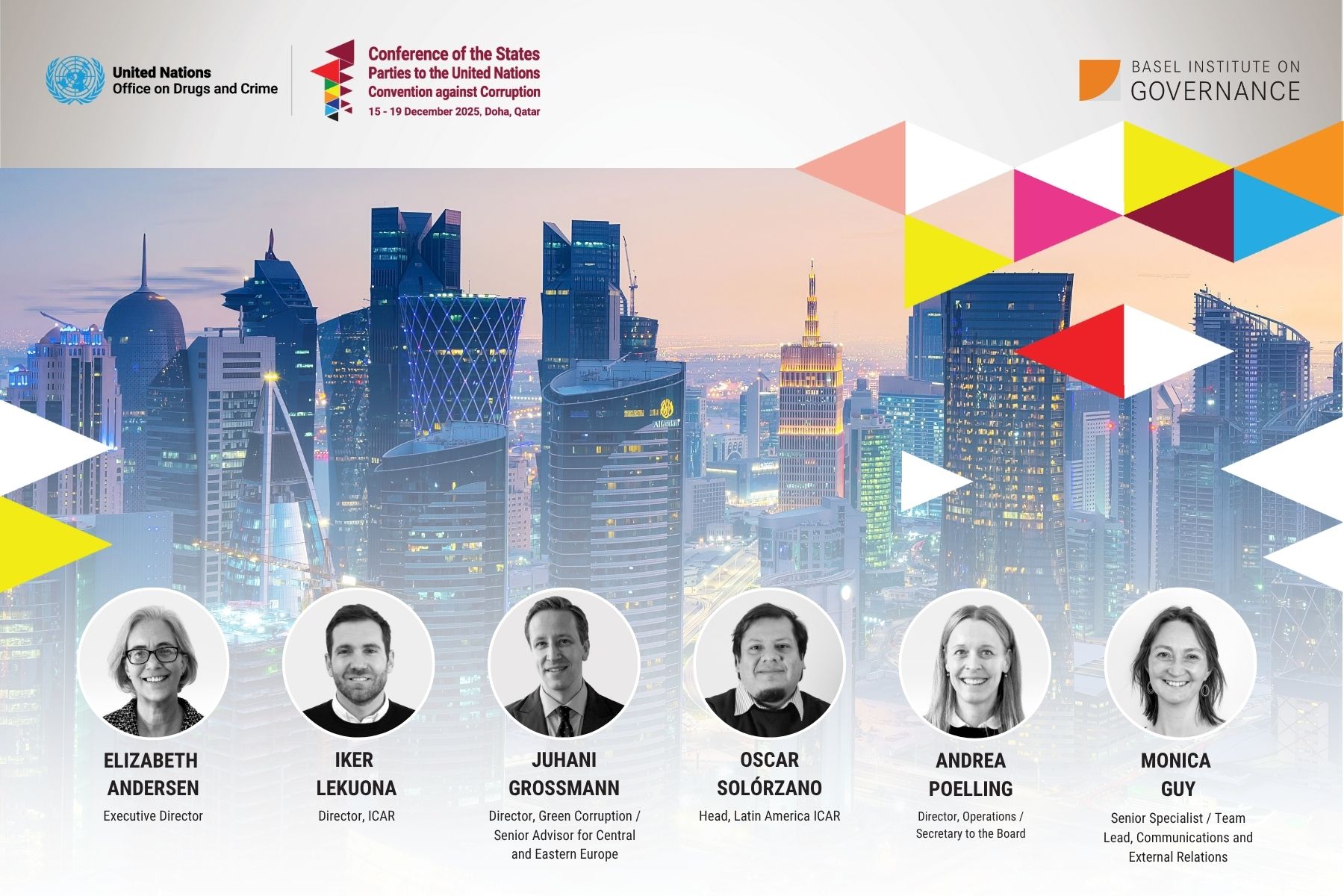Semana de la Integridad 2025 [Integrity Week 2025]
Organizada en el marco del Día Internacional contra la Corrupción, la Semana de la Integridad 2025 reunirá a especialistas nacionales e internacionales para abordar tendencias, desafíos y enfoques contemporáneos en materia de integridad pública, prevención de la corrupción y gobernanza.
Durante tres días se desarrollarán once sesiones virtuales centradas en temas como corrupción verde, gestión de conflictos de intereses, recuperación de activos, inteligencia artificial, riesgos de corrupción y delitos contra la administración pública.

 <
<